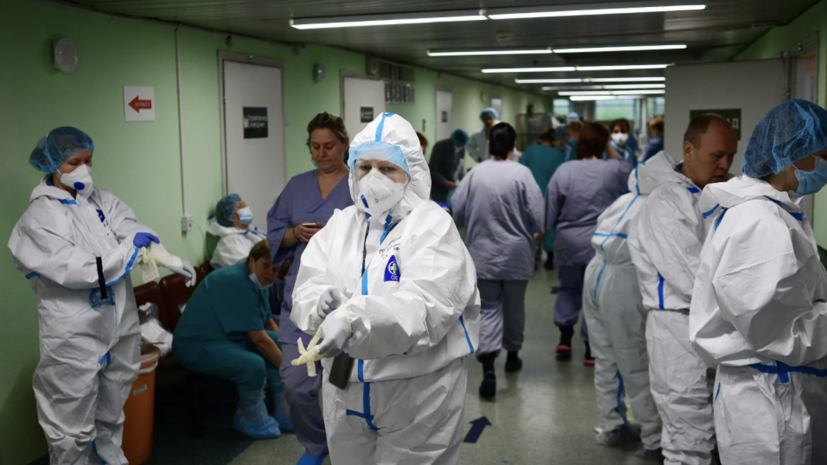“We have a complete database of 378 patients suffering from consequences ... the vast majority (80.69%. -
RT
) are young people up to 40-50 years old.
In other words, just the age category in which the course of the disease is considered to be the mildest gives more severe consequences after the disease.
And those whose disease was asymptomatic are the most susceptible to serious consequences, "RIA Novosti quotes him.
The most common symptoms in such patients subsequently are weakness, depression or depression, headache, pain throughout the body, shortness of breath, palpitations, insomnia, lack of appetite, smell and taste, hair loss, and head fog , which is accompanied by inability to concentrate, poor memorization, unclear consciousness, inability to formulate a thought.
The doctor warned that such consequences may weaken over time, but they will not pass without a trace.
However, weakness may remain, Hirahata added.
According to him, among patients who have had coronavirus, the most common symptom is chronic fatigue syndrome or myalgic encephalomyelitis.
“An important key to recognizing this condition is the timing of fatigue after movement.
If this does not happen immediately after movement, then the more such a person tries to move, the greater the risk of complications, loss of the ability to move and becoming a bed patient ... Out of 378 people from the database, 114 people lost their ability to work and study and became bedridden patients. " , - said the doctor.
At the same time, those patients who develop fatigue immediately after movement will find it easier to recover.
Hirahata advises them to take BCAA amino acids while on the move.
Among the 114 who became bedridden after suffering from the coronavirus, the majority are women between the ages of 40 and 50, but there are also nine children.
The doctor notes that, as a rule, the effects of coronavirus appear immediately or within two months after the illness.
“If you get sick with coronavirus, try to move as little as possible ... And for two months after recovery, you also need to move as little as possible and reduce the load as much as possible, regardless of whether the disease itself is easy or difficult,” the doctor recommends.
Earlier, the doctor of medical sciences, therapist-immunologist, specialist in especially dangerous infections Vladislav Zhemchugov, in an interview with URA.RU, spoke about the consequences of COVID-19.

